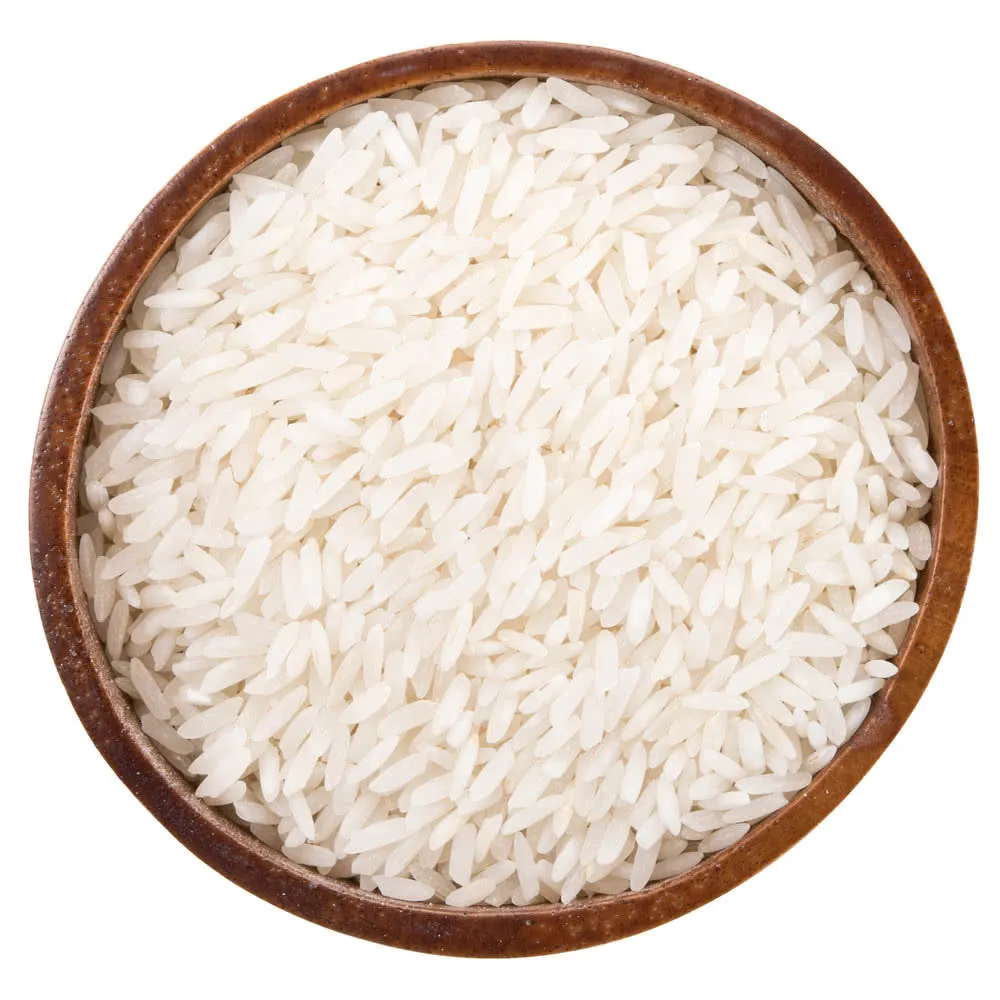
Overview
| Name | Value | Level |
| Glycemic index | 50 | |
| Glycemic load | 37.5 |
Glycemic Index of Basmati Rice
The glycemic index (GI) of basmati rice can vary depending on various factors such as the type of basmati rice, cooking method, and the processing it underwent. However, in general, basmati rice has a lower glycemic index than many other types of rice.
According to some studies, the GI of basmati rice ranges from 50 to 58, which is considered low to moderate on the glycemic index scale. This means that basmati rice is less likely to cause spikes in blood sugar levels compared to other types of rice with a higher GI.
Glycemic Load of Basmati Rice
The glycemic load (GL) of basmati rice depends on the serving size and the glycemic index (GI). The GL takes into account both the quantity and quality of carbohydrate in a food item and provides a more accurate picture of how a food will affect blood sugar levels.
The GL of a food is calculated by multiplying the GI by the amount of carbohydrate in a standard serving and then dividing by 100. A GL of 10 or less is considered low, while a GL of 20 or more is considered high.
The glycemic load of basmati rice can vary depending on factors such as the cooking method and serving size, but in general, it has a low to moderate glycemic load. A typical serving of cooked basmati rice (1 cup or 100 grams) has a GL of approximately 37.5, which is considered high.
It’s worth noting that the glycemic load can be influenced by the addition of other ingredients such as sauces, oils, or sugar, which can increase the overall carbohydrate content and therefore the GL of the meal. For example, adding sweetened sauces or consuming a large serving size of basmati rice can increase its glycemic load.
Check out our article on glycemic index and glycemic load of rice which provides a complete overview of how GI and GL differ for various types of rice.
Basmati Rice Nutrition Facts (100g)
| Calories (kcal) | 340 |
| Carbohydrates (g) | 75 |
| Proteins (g) | 9.5 |
| Fats (g) | 0.2 |
100 grams of basmati rice contain 340 kcal (1423 kJ), 9.5 grams of proteins, 75.0 grams of carbohydrates, and 0.2 grams of fats.
Basmati rice is a popular long-grain rice variety known for its distinct aroma, flavor, and delicate texture. This rice variety is commonly grown in the Indian subcontinent, especially in the northern regions of India and Pakistan. Basmati rice is often used in various dishes such as biryanis, pilafs, and stir-fries. It is also consumed as a staple food in many households worldwide due to its excellent nutritional profile.
Nutritional Benefits:
Basmati rice is a rich source of carbohydrates, dietary fiber, and protein. It is low in fat, sodium, and cholesterol, making it a healthier alternative to other rice varieties. Basmati rice is also gluten-free, making it an excellent option for people with gluten allergies or celiac disease.
The dietary fiber content in basmati rice helps in regulating bowel movements and improving digestion. It also helps in reducing the risk of chronic diseases such as heart disease, diabetes, and some types of cancer.
Basmati rice is a good source of essential vitamins and minerals, including thiamin, niacin, vitamin B6, folate, iron, and magnesium. Thiamin, niacin, and vitamin B6 are essential for energy metabolism, while folate helps in the formation of red blood cells. Iron is crucial for the formation of hemoglobin, while magnesium plays a vital role in maintaining healthy bones and muscles.
Drawbacks:
One potential drawback of consuming basmati rice is its arsenic content. Arsenic is a toxic chemical that can accumulate in the body over time and cause various health problems, including cancer, skin lesions, and cardiovascular disease. Basmati rice, especially rice grown in certain regions, has been found to have higher arsenic content compared to other rice varieties.
Health Benefits:
Consuming basmati rice can offer several health benefits, including:
- Improved Digestion: The dietary fiber in basmati rice helps in regulating bowel movements and improving digestion, reducing the risk of constipation, diarrhea, and other digestive disorders.
- Heart Health: Basmati rice is low in fat, sodium, and cholesterol, making it an excellent option for maintaining heart health. The dietary fiber, vitamins, and minerals in basmati rice can also help in reducing the risk of heart disease.
- Energy Production: Basmati rice is a rich source of carbohydrates and B vitamins, including thiamin, niacin, and vitamin B6, which play a crucial role in energy production in the body.
- Brain Function: The B vitamins in basmati rice also help in maintaining healthy brain function, including cognitive performance and memory.
- Bone Health: Basmati rice is a good source of magnesium, which is essential for maintaining healthy bones and muscles.


